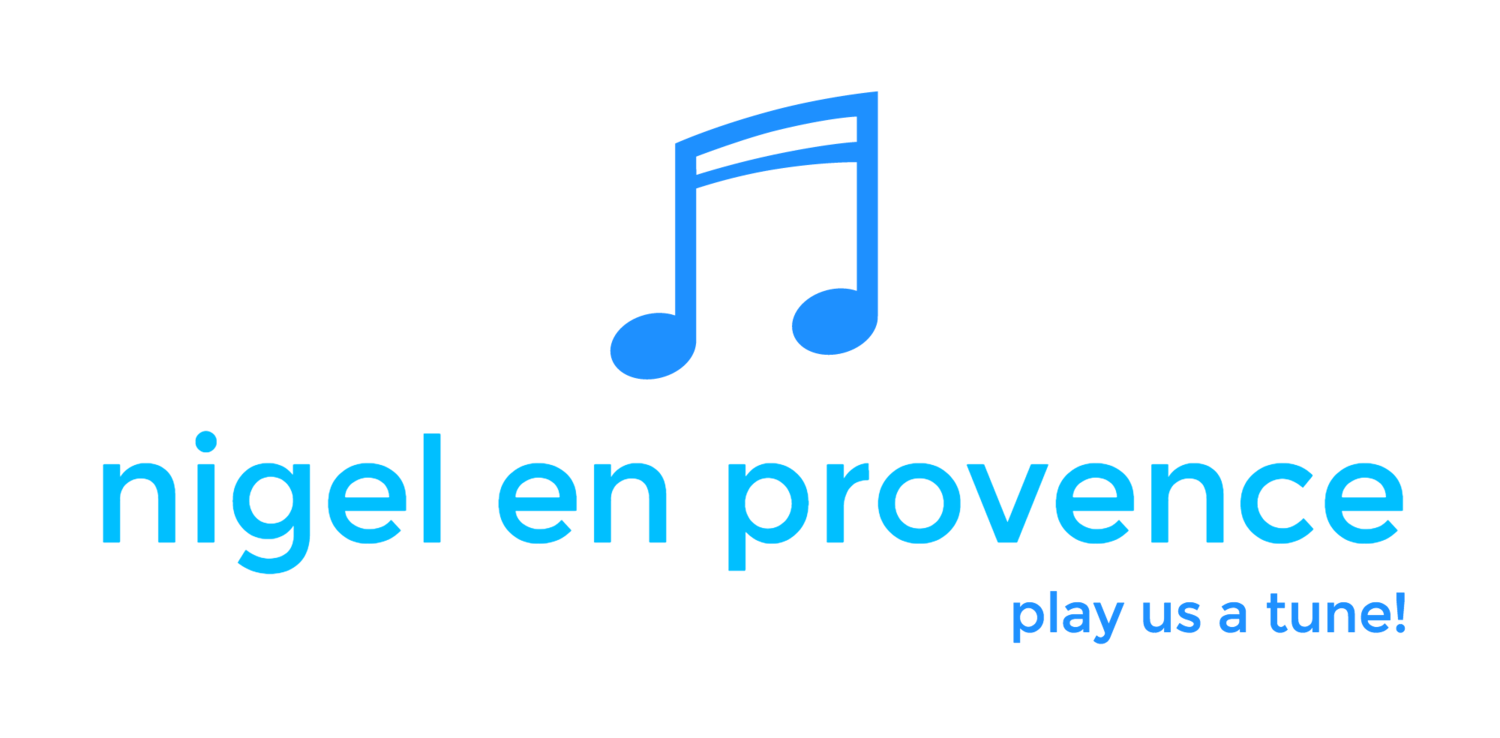Following an intersting converstion with Dudley Bright our principal tromboneist I was inspired to write the following post.
Musicians make a huge sacrifice. They give up the pleasure of listening to music.
Musicians have super-critical ears. Whether for intonation, rhythm, ensemble, line, dynamics, character, interpretation, presence, the list is long.
It must be the same in any art. Can an actor watch a performance, however great, without noting the mechanics?
Can an artist enjoy seeing a painting without regarding the techniques involved?
Basses having a rest on the Barbican Hall stage. London
When I retire and leave the LSO the prospect of the transition from being a player to becoming a consumer is a daunting one. Going to a concert, as a member of the audience, would be a "grand travail".
For a member of the public who has been bombarded with worldly troubles and tensions all day, to sit in a serene concert venue and be transported by music, is a joy and relief.
However, for musicians who are immersed in music six or nine hours a day there is nothing like a bit of quiet at the day's end.
In the 90's when I was on the Orchestra's Board I had occasion to spend a few days, from 9 'till 5, in the office checking figures. In the evenings, I was surprised to find how much a pleasure it was to go home and listen to music!
In the old fashioned recording session we could be expected to play the same movement, with it's extreme passions, many times. There is nothing more frustrating, than having recorded a movement six times, then the conductor saying, "We're getting there. Just once more."
I love ice-cream, but two scoops are enough. Imagine a continuous diet of it. Paraphrasing my Uncle Fred "There's a difference between one extreme and another."
We rarely do classical recording sessions any more. The bottom has dropped out of the market. Usually it's restricted to accompanying new competition winners or to making "vanity" recordings.
Currently we release CDs and downloads on the "LSO Live" label where the process is different.
"Live" recordings have a vivacity to them often missing from traditional recordings. In principal the recordings are an "assemblage" of two live performances. This is supported by a patching session to cover coughs etc. The danger is, if over used, it can revert to a less "live" recording.
There can never be a perfect performance. But there is always a human one. And that's good.
One day I hope to be able to listen with an innocent ear again. To lie on a soundscape beach and let the waves crash over.

